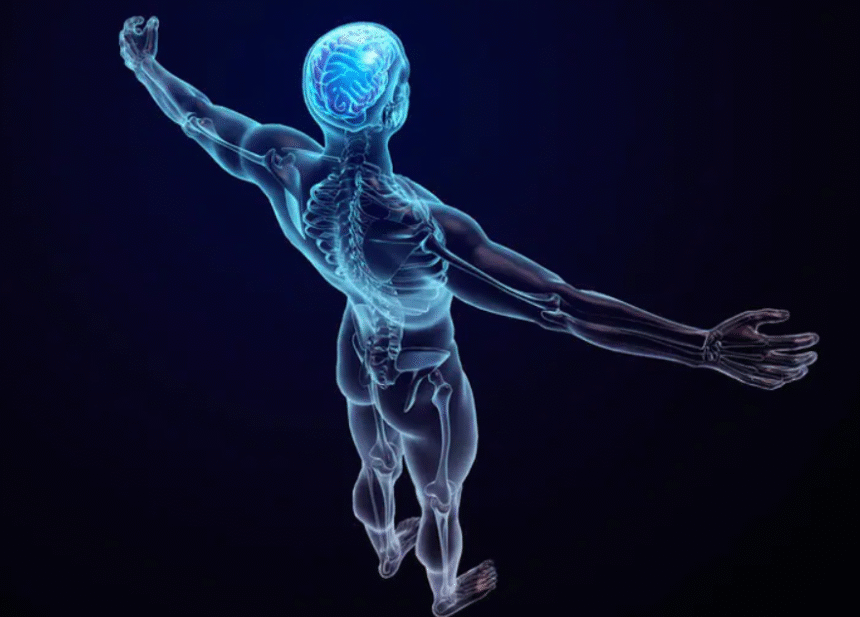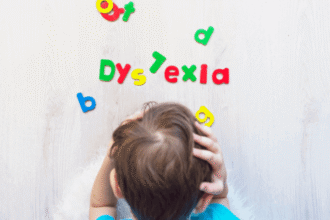Pain is not always where it seems sometimes, the brain is the true origin. Understanding neurological pain is the first step to healing
Neurological pain is a complex and often misunderstood condition that affects millions of people worldwide. Unlike typical pain that stems from physical injury or inflammation, neurological pain also called neuropathic pain originates from dysfunction or damage to the nervous system itself. According to Dr. Geetha Lakshmipathy, a leading Neurologist in Chennai, recognizing the early signs of neurological pain can lead to timely treatment, improved quality of life, and in many cases, complete symptom control.
Top Signs of Neurological Pain
Recognizing the signs of neurological pain early can lead to faster relief and better long-term outcomes. Here are the most common symptoms as outlined by Dr. Geetha Lakshmipathy, a highly respected Neurologist in Chennai:
1. Burning or Scalding Sensation
A persistent burning feeling, even without any physical injury, is a hallmark of neuropathic pain. Patients often say it feels like being scalded by hot water.
2. Shooting or Electric-Shock-like Pain
This type of pain typically comes in sudden bursts and can be triggered by simple movements or even touch. It feels like a jolt of electricity coursing through the body.
3. Tingling or “Pins and Needles” Sensation
One of the early signs, this sensation may start in the hands or feet and spread to arms or legs. It’s often described as a crawling or buzzing feeling under the skin.
4. Numbness or Loss of Sensation
You may feel like the area is asleep or disconnected from the rest of the body. This often accompanies other symptoms and can be dangerous if it affects balance or coordination.
5. Hypersensitivity to Touch (Allodynia)
Even the lightest touch—like a breeze or bedsheet—can cause severe pain. This abnormal pain response is a common indicator of nerve damage.
6. Muscle Weakness or Twitching
Muscles may begin to weaken or twitch uncontrollably due to faulty nerve signals. Dr. Geetha Lakshmipathy, a renowned Neurologist in Chennai, warns that this symptom, when paired with pain, could suggest peripheral nerve involvement.
7. Pain That Worsens at Night
Many people with neurological pain report that symptoms intensify at night, disrupting sleep and reducing overall quality of life.
8. Unexplained Pain Without Injury
Pain that arises without an obvious injury—especially when persistent—is often neurological in nature and warrants evaluation by a Neurologist in Chennai like Dr. Geetha Lakshmipathy.
9. Phantom Pain in Amputees
In cases where a limb has been removed, patients may still feel pain in the missing limb. This phenomenon, known as phantom limb pain, is a classic example of neurological pain.
Common Causes of Neurological Pain
Dr. Geetha Lakshmipathy, an experienced Neurologist in Chennai, identifies several common causes behind neuropathic pain:
- Diabetes (Diabetic Neuropathy): High blood sugar levels damage peripheral nerves over time, causing burning, tingling, or stabbing pain, especially in the feet and hands.
- Shingles (Postherpetic Neuralgia): After a shingles infection, damaged nerve fibers can continue sending pain signals to the brain, resulting in persistent, severe nerve pain in the affected area.
- Multiple Sclerosis: This autoimmune disease damages the protective covering of nerves in the central nervous system, leading to shooting, electric-shock-like nerve pain.
- Spinal Cord Injuries: Damage to the spinal cord disrupts normal nerve signaling, causing chronic pain, numbness, or hypersensitivity below the site of injury.
- Stroke: A stroke can damage pain-processing areas of the brain, leading to central post-stroke pain, often described as burning or aching sensations.
- Chemotherapy-induced Neuropathy: Certain cancer treatments can damage peripheral nerves, resulting in numbness, tingling, or pain in the hands and feet, sometimes long after treatment ends.
- HIV/AIDS-related Neuropathy: The virus or its treatments may harm peripheral nerves, causing pain, especially in the lower limbs, due to inflammation or nerve degeneration.
- Trigeminal Neuralgia: A chronic condition causing sudden, severe facial pain due to irritation or compression of the trigeminal nerve, often triggered by touch or movement.
Treatment Options for Neurological Pain
While neurological pain is complex, it’s also manageable. Here’s how Dr. Geetha Lakshmipathy, a top Neurologist in Chennai, treats patients effectively:
1. Medications
Neuropathic pain is treated with gabapentin, amitriptyline, lidocaine patches, or monitored opioid use.
2. Physical Therapy
Rehabilitative exercises to improve function and reduce pain over time.
3. Nerve Blocks and Injections
Used to numb the affected area and stop the pain cycle temporarily.
4. Transcutaneous Electrical Nerve Stimulation (TENS)
Non-invasive therapy that uses low-voltage electricity to interfere with pain signals.
5. Lifestyle Modifications
Diet, sleep, and exercise improvements play a major role in managing symptoms.
Conclusion
Neurological pain is more than just discomfort it’s a signal that your nerves are in distress. By understanding the signs, knowing when to seek help, and trusting a reputed Neurologist in Chennai like Dr. Geetha Lakshmipathy, you can take control of your health and live pain-free again. If you’re experiencing any of the symptoms discussed, don’t delay schedule a consultation today and start your journey toward relief.















